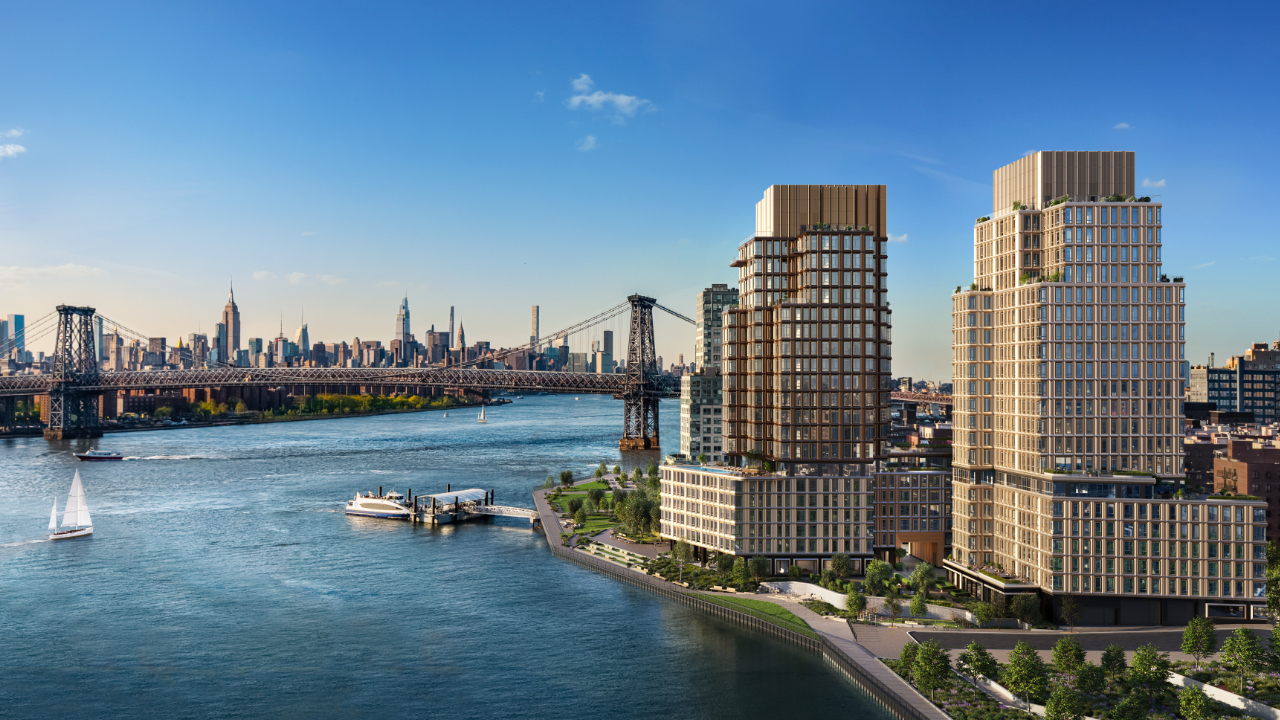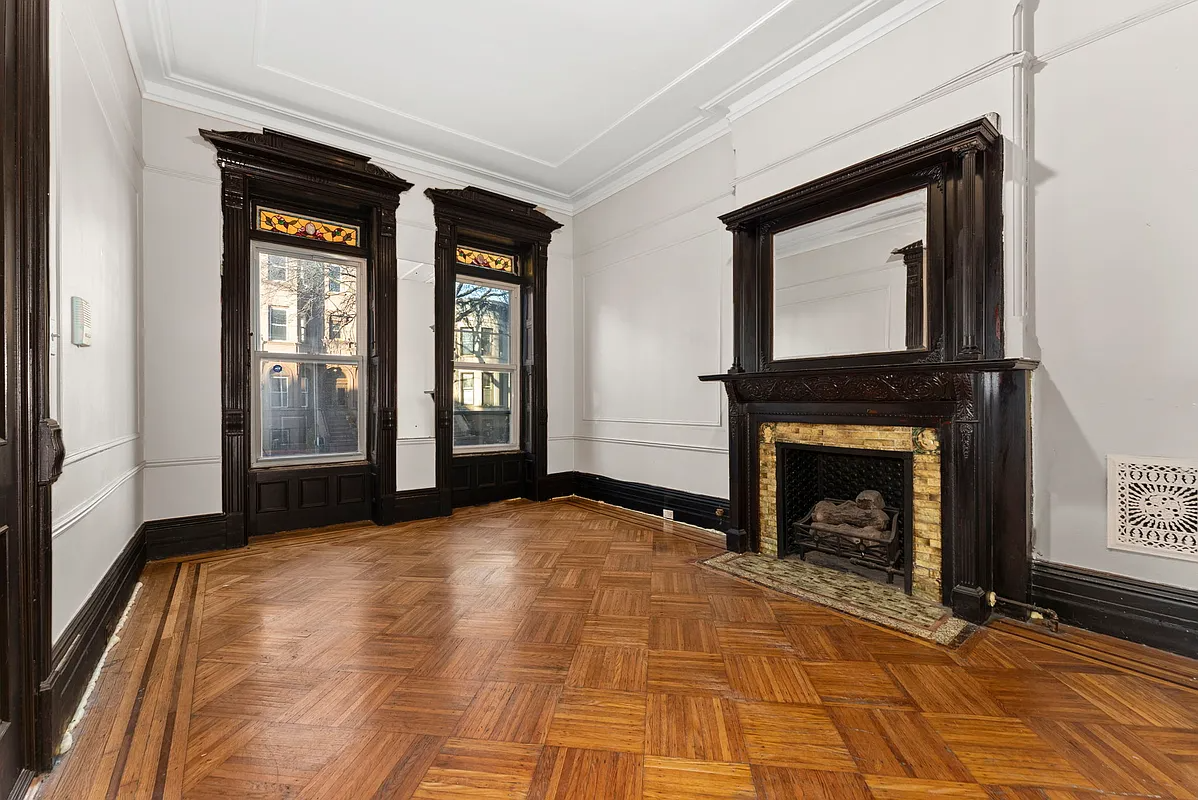The Possibility That Landing Is Hard, Not Soft
This chart puts the real estate run-up of recent years in some historical perspective at a time when market news continues to disappoint. (The black line starts at a baseline value of 100 back in 1890 and is inflation-adjusted over time.) Rising inventory, falling building permits, fewer sales. And while homeowners, especially those of us…


This chart puts the real estate run-up of recent years in some historical perspective at a time when market news continues to disappoint. (The black line starts at a baseline value of 100 back in 1890 and is inflation-adjusted over time.) Rising inventory, falling building permits, fewer sales. And while homeowners, especially those of us who purchase in the last two or three years, are watching closely to see the impact on their own financial status, economists are thinking more and more about how a weakening real estate market could impact the broader economy, as lower levels of equity materially and psychologically impacts consumer behavior. The Times lists the three possible outcomes: Soft landing, prolonged slump and full-on crash. Which do you think is most likely?
Reading Between the For-Sale Signs [NY Times]





Man, I can hear the Medical Alert signals going off all over Brooklyn! It’s not like swine flu carring killer bees have contaminated all the coconut soda in the entire city. .
As someone who bought a condo in Brooklyn a month ago, I have to admit that this chart did scare me. But here’s why, after a bit of math, I still think that, even after the recent price increases, buying makes a lot of financial sense compared to renting.
The simple reason is that buying is basically a forced savings program, subsidized in the form of interest payments being tax-deductible. In my case, I pay almost $3000/month in interest. After taxes, that’s a bit more than $2100/month – the rest is principal, which I basically pay to myself, in the form of equity.
This compares quite favorably to the almost $1600 I used to pay in rent (for a much smaller and shittier apartment), even if I sold the condo at the very same price I had bought it – and I am sure the same math applies to thousands of New Yorkers, and that’s precisely why rising rents matter a lot in the equation.
For me, the worst case scenario would be that with prices going down I won’t be able to sell at the drop of a hat, if I wanted to. For many people, that is not a big deal. I still have a roof over my head and no landlord who keeps rising my rent every year.
Compared to other cities, NYC is a city of renters, not homeowners. Yet, many people want the security of stable mortgage payments compared to renting, not to mention at least the possibility of building equity, even if prices stay flat. Yes, I could put the $500/month that I am paying extra over renting into the stock market, but the stock market is much more volatile than the housing market, and I am already tied to the whims of the stock market thanks to my 401k, so investing in my own condo has another big advantage: diversification and spreading my risk.
Just my 2cents. I am pretty sure that I am not the only one to whom this logic applies – many others like me are still renting, and many are probably saving for a downpayment right now, just like I did, for many years. They are the ones who will keep the housing market from crashing, I think. Will it go sideways or down, at least a little? Probably. Soon enough though, those people will get back into the market, making sure it doesn’t crash too hard.
I’m sorry but you would have to be a pretty desperate soul to take a 25% hit on your home; perhaps an investor but a homeowner? No way! If the move is precipitated by a job relocation, my employer would have to compensate me handsomely for the hit; similar to a stock buyout on a lateral move. A divorce? “Hey, honey, how about sleeping in separate rooms until the storm passes?” Death? Ahhhhh….who cares, you’re dead!
After the dotcom crash in spring 2000, prices in Silicon Valley began to drop from astronomical highs. Toward the end of that year I asked a successful real estate investor out there if he was buying yet. His answer was no: it takes at least a year for people to figure out they’re in trouble and another six months for them to figure out how MUCH trouble they’re in. He was basically right. I’d say, give NY a little more time to ponder.
One thing that should keep the NY market from a hard landing is the exchange rate. The dollar is in the toilet which makes NY a very attractive place for overseas buyers to invest right now. They keep the prices high in Manhattan, particularly for new high-end condos, and that in turn drives buyers to Brooklyn looking for what they can’t afford in Manhattan. So long as the dollar stays week there will most likely not be a major correction in NYC prices, certainly not to below 2005 levels. The demand will remain too great
I’m a homeowner in NY, and I think there are a few reasons why 1) NY is (somewhat) different from other markets and 2) a harder fall than usual could be coming.
The NY issue has been debated pretty extensively here and on other blogs. First, there’s coop boards (higher financial scrutiny and discouragement of investor buys makes the market more stable); second, there’s scarcity. (The second obviously would be the main one applying to Brooklyn brownstones.) Both of these could mitigate a crash in NY but probably can’t stop it.
In terms of the potential for a hard landing, the combination of overleverage and home equity debt mentioned by other posters plus the growth of ARMs and changing tax burdens are a big problem. Real estate (at least if owner-occupied) is usually less volatile than stocks because owners often ride out drops in value and refuse to sell. However, sometimes you’re forced to sell, usually due to one of the three Ds – death, divorce and debt.
The first two Ds aren’t so predictable, but thanks to loosening regulations, many people are facing big jumps in their payments due to higher rates, the end of interest-only payments and the decline of tax abatements. Accordingly, the third D could cause quite a few hardship sales and foreclosures – along with the hard landing people have been predicting.
So why did I buy this year? Well, I almost didn’t. After looking at dozens of properties I had all but given up on upgrading my 1BR apartment; then I was lucky enough to win an HPD lottery for middle-income NYers. Since my apartment was priced under market and I was also able to pour in some profit from selling my last apartment made, I figured I would be OK even if values declined – plus I was able to afford a fixed-rate mortgage. Of course, since I didn’t really have to move I could afford to be very choosy; I certainly feel for people facing the prospect of putting a second child into a 1BR apartment, for instance.
And even though I was very lucky, I certainly did take on some risks: My apartment is in a gentrifying neighborhood that is noticeably worse than where I lived before. An unprecedented decline in crime rates has been another huge driver of the local housing boom; if an economic downturn causes crime conditions to worsen, I could end up trapped in a building where I feel unsafe, unable to sell at anything but a huge loss.
Of course, every decision has risks, and at the end of the day I was just as motivated by loving the layout and views in my new place as I was by making a savvy investment. I guess that’s what how you make every major committment in life: You try to make the best decision you can, and at the end of the day you close your eyes, cross your fingers and leap!
Ignor my earlier comment…I was misinformed.
I can understand rents levelling off and staying the same for a while, in a time of economic stress, but here in NYC, and in brownstone Bklyn specifically, rents go down? I can’t see it, unless one has priced an apartment just coming onto the market too high to begin with, and you have to adjust to the market. From what people here have said, there are many, many people looking for apartments. Doesn’t that factor into our particular market, of multiple family dwellings, which is very different from most of the rest of the country?
4:27
Shiller’s index is based on repeat sales of existing homes (necessarily). These homes may have been built last year or last century, as long as they have been resold once. What the index does not consider are the sale prices of new homes. If you believe that the recent run up in prices is due to new homes, the index would be misleading. However, we can all attest to the run up in the prices of both new and existing homes, so this is not a credible objection.